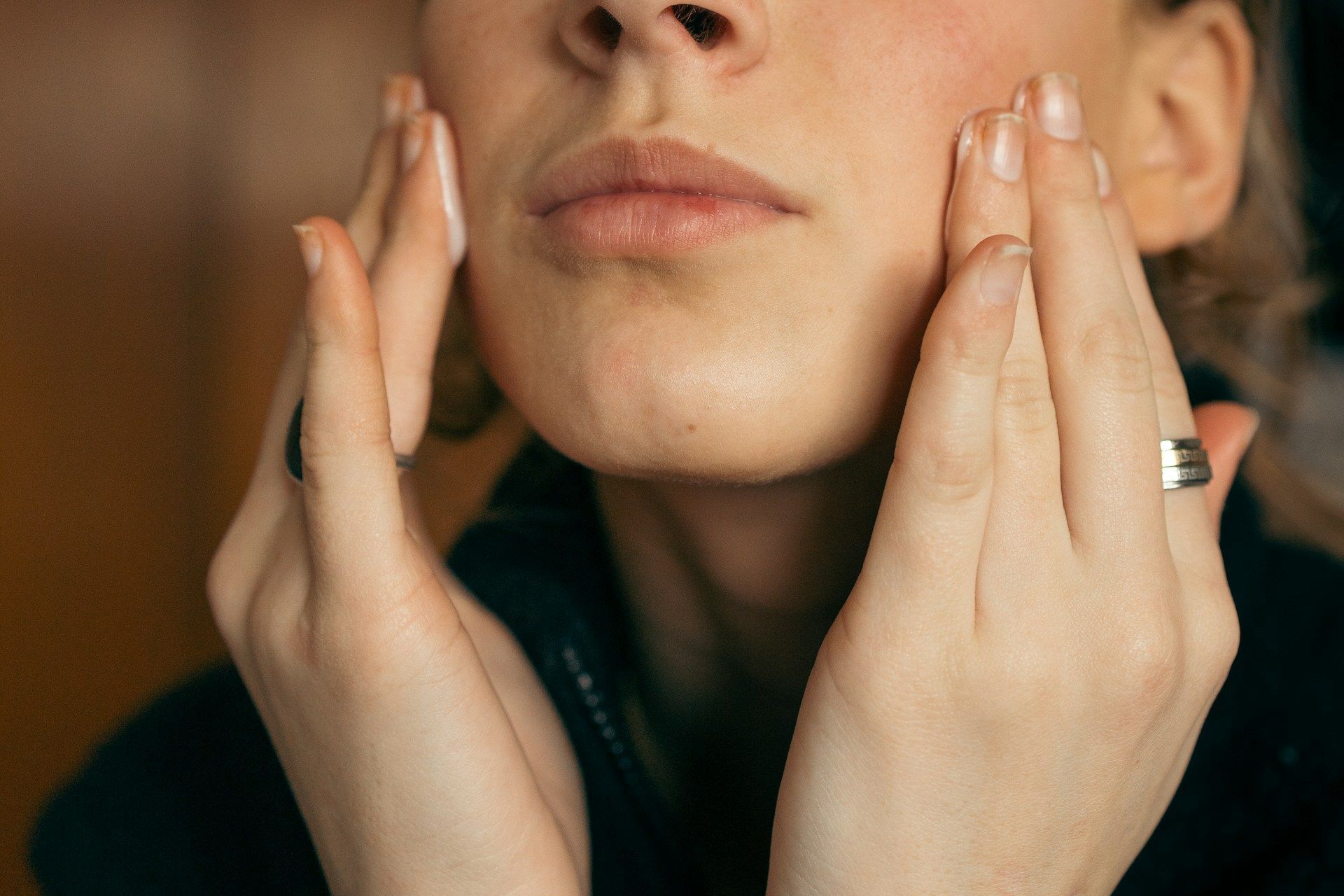The Impact of Dietary Choices on Sleep Apnea Management

Sleep apnea and temporomandibular joint (TMJ) disorders are conditions that not only disrupt daily activities but also significantly impact the quality of life. These disorders, while seemingly unrelated, are often interconnected and can profoundly influence one another.
Sleep apnea, a condition characterized by repeated interruptions in breathing during sleep, often correlates with TMJ disorders, which are issues affecting the jaw joint and muscles controlling jaw movement. In recent years, scientific research has shed light on the pivotal role nutrition plays in managing these disorders.
A well-balanced, nutrient-rich diet can significantly impact the overall health and functionality of the respiratory and musculoskeletal systems, thus aiding in the management of sleep apnea and TMJ disorders.
Understanding the role of nutrition in managing these conditions opens up new possibilities for preventive strategies and therapeutic interventions. It underlines the importance of holistic approaches in medical care, where dietary habits are not just seen as a lifestyle choice but as an integral part of treatment plans.
With the right nutrition, patients may find not only relief from symptoms but also a path to improved overall health, paving the way for a better quality of life.
The Impact of Nutrients on Sleep and TMJ Health
Nutrition plays a critical role in our overall health, including the quality of our sleep and the function of our jaw joints. Certain nutrients and food groups have been shown to promote deeper, more restorative sleep and support the health of the temporomandibular joint (TMJ). Key nutrients include:
- Magnesium: This essential mineral is involved in numerous body functions, including muscle relaxation and nerve function, both of which can contribute to improved sleep and reduced TMJ pain.
- Calcium: Calcium is necessary for proper muscle function and nerve signaling. Adequate calcium intake may help reduce muscle tension, a common issue in TMJ disorders, while also promoting better sleep quality.
- Vitamin D: Often referred to as the "sunshine vitamin," vitamin D is crucial for maintaining healthy bones and muscles. Increasing vitamin D levels can support joint health, including the TMJ, and may contribute to better sleep.
- Tryptophan: This essential amino acid is necessary for the production of serotonin, a neurotransmitter that plays a role in sleep regulation. A diet rich in tryptophan may contribute to longer, more restful sleep.
Dietary Approaches for Sleep Apnea and TMJ Disorders
When addressing sleep apnea and TMJ disorders, it's helpful for patients to consider their dietary habits. Some effective approaches include:
- Maintaining a balanced diet: Consuming a variety of nutrient-rich foods, such as fruits, vegetables, whole grains, and lean proteins, can help support overall sleep and jaw health.
- Avoiding caffeine and alcohol close to bedtime: Both caffeine and alcohol can interfere with normal sleep patterns. Reducing consumption of these substances, particularly in the evening, can lead to improved sleep quality.
- Eating smaller, more frequent meals: Large meals can cause increased pressure on the TMJ, leading to further discomfort. By consuming smaller portions more frequently throughout the day, patients can mitigate this pressure.
- Incorporating anti-inflammatory foods:
Chronic inflammation can contribute to both sleep apnea and TMJ disorders. Incorporating anti-inflammatory foods, such as berries, leafy greens, and fatty fish, can help reduce inflammation and support overall health.
Foods and Beverages to Prioritize and Avoid
When looking to optimize nutrition for sleep apnea and TMJ support, patients should prioritize certain foods and beverages while avoiding or limiting others. Consider the following suggestions:
Prioritize:
- Magnesium-rich foods like leafy greens, nuts, seeds, and legumes
- Calcium-rich foods such as dairy products, almonds, and fortified foods
- Vitamin D-rich foods like fatty fish, egg yolks, and fortified milk
- Tryptophan-containing foods, like turkey, chicken, nuts, seeds, and cheese
Avoid or limit:
- Stimulants like caffeine, found in coffee, tea, chocolate, and energy drinks
- Alcohol, particularly in the evening, can interfere with sleep patterns
- Sugary and highly processed foods, which can contribute to inflammation
- Difficult-to-chew foods, like tough meat or whole nuts, may exacerbate TMJ pain.
Nutrition as Part of a Comprehensive Treatment Plan
It's important to remember that nutrition is just one facet of a comprehensive treatment plan for sleep apnea and TMJ disorders. A well-rounded approach should also include lifestyle modifications, such as exercise and stress management techniques, and medical interventions like continuous positive airway pressure (CPAP) therapy or oral appliance therapy for sleep apnea, as well as physical therapy, orthotic devices, and relaxation techniques for TMJ disorders.
Nutrition's Role in Managing Sleep Apnea and TMJ Disorders
Understanding the connection between nutrition and sleep apnea, TMJ disorders, and overall health is vital for patients seeking relief from these challenging conditions. By adopting dietary practices that prioritize specific nutrients, incorporating and avoiding certain foods, and emphasizing overall balance, patients set themselves on a path toward better sleep quality and improved jaw function.
At The Center for Sleep Apnea and TMJ, our expert team is dedicated to providing comprehensive support and care for those suffering from sleep apnea, snoring, TMJ disorders, and head and facial pain. By taking a holistic approach that emphasizes overall well-being, we help our patients achieve better sleep, improved health, and a higher quality of life. Get in touch with the best sleep apnea clinic here in Boise!
Contact Us
The Center for Sleep Apnea & TMJ
1718 S Millennium Way, Meridian, ID 83642
Phone: (208) 376-3600
Fax: (208) 376-3616
All Rights Reserved
The Center for Sleep Apnea & TMJ
All Rights Reserved - Accessibility Statement
The Center for Sleep Apnea & TMJ










